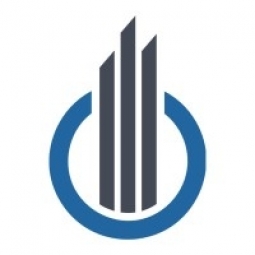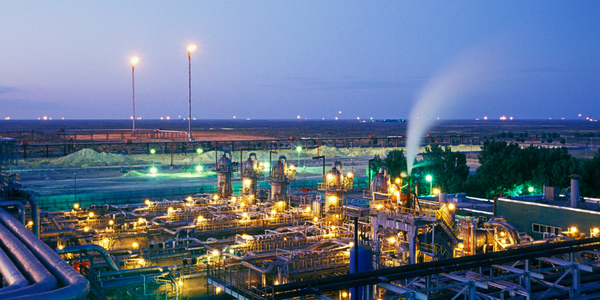International Provider of Integrated Oilfield Products, Services and Digital Solutions Embraces Cavirin Solution

Customer Company Size
Large Corporate
Country
- Other
Product
- Cavirin Solution
Tech Stack
- AWS
- Azure
- Ansible
Implementation Scale
- Enterprise-wide Deployment
Impact Metrics
- Cost Savings
- Productivity Improvements
Technology Category
- Cybersecurity & Privacy - Cloud Security
- Infrastructure as a Service (IaaS) - Cloud Computing
Applicable Industries
- Oil & Gas
Applicable Functions
- Business Operation
Services
- Cloud Planning, Design & Implementation Services
- Cybersecurity Services
About The Customer
The customer is an international provider of integrated oilfield products, services, and digital solutions. To keep up with massive computing demands and gain a competitive edge, the company is moving a host of its on-premise processes to AWS and Azure. The company has upwards of 10,000+ instances made up of various operating systems (Linux, Ubuntu, CentOS, and Windows servers). The workloads span AWS as well as on-premise traditional data centers with security being top of mind. In the near future, they plan to add Azure to the mix for resiliency.
The Challenge
The company was moving a host of its on-premise processes to AWS and Azure to keep up with massive computing demands and gain a competitive edge. Automation and compliance across the hybrid environment were key requirements as the company struggled with multiple manual security tools for monitoring and compliance. The overall environment is dynamic, with a network of thousands of workloads, and the ability to obtain and maintain compliance across this diverse environment is critical.
The Solution
The Cavirin solution provides automated AWS, Azure and on-premise account security with CIS, NIST, GDPR, and SOC 2 compliance, patches and vulnerability management, scanning of Docker workloads with Kubernetes support, plus visibility across all of the organization’s servers within its complex hybrid infrastructure. A differentiator of the Cavirin platform is a wizard-based approach to OS hardening, shortening the time and effort required to connect to existing systems. The Cavirin solution easily integrates with Ansible providing Host IP’s and configuration delta information in a matter of minutes. Leveraging the complete capabilities of the Cavirin solution, the customer assesses their AWS services and account environment against Cavirin’s AWS baseline, web services, and network policy frameworks.
Operational Impact

Case Study missing?
Start adding your own!
Register with your work email and create a new case study profile for your business.
Related Case Studies.

Case Study
Taking Oil and Gas Exploration to the Next Level
DownUnder GeoSolutions (DUG) wanted to increase computing performance by 5 to 10 times to improve seismic processing. The solution must build on current architecture software investments without sacrificing existing software and scale computing without scaling IT infrastructure costs.

Case Study
Remote Wellhead Monitoring
Each wellhead was equipped with various sensors and meters that needed to be monitored and controlled from a central HMI, often miles away from the assets in the field. Redundant solar and wind generators were installed at each wellhead to support the electrical needs of the pumpstations, temperature meters, cameras, and cellular modules. In addition to asset management and remote control capabilities, data logging for remote surveillance and alarm notifications was a key demand from the customer. Terra Ferma’s solution needed to be power efficient, reliable, and capable of supporting high-bandwidth data-feeds. They needed a multi-link cellular connection to a central server that sustained reliable and redundant monitoring and control of flow meters, temperature sensors, power supply, and event-logging; including video and image files. This open-standard network needed to interface with the existing SCADA and proprietary network management software.

Case Study
Refinery Saves Over $700,000 with Smart Wireless
One of the largest petroleum refineries in the world is equipped to refine various types of crude oil and manufacture various grades of fuel from motor gasoline to Aviation Turbine Fuel. Due to wear and tear, eight hydrogen valves in each refinery were leaking, and each cost $1800 per ton of hydrogen vented. The plant also had leakage on nearly 30 flare control hydrocarbon valves. The refinery wanted a continuous, online monitoring system that could catch leaks early, minimize hydrogen and hydrocarbon production losses, and improve safety for maintenance.









